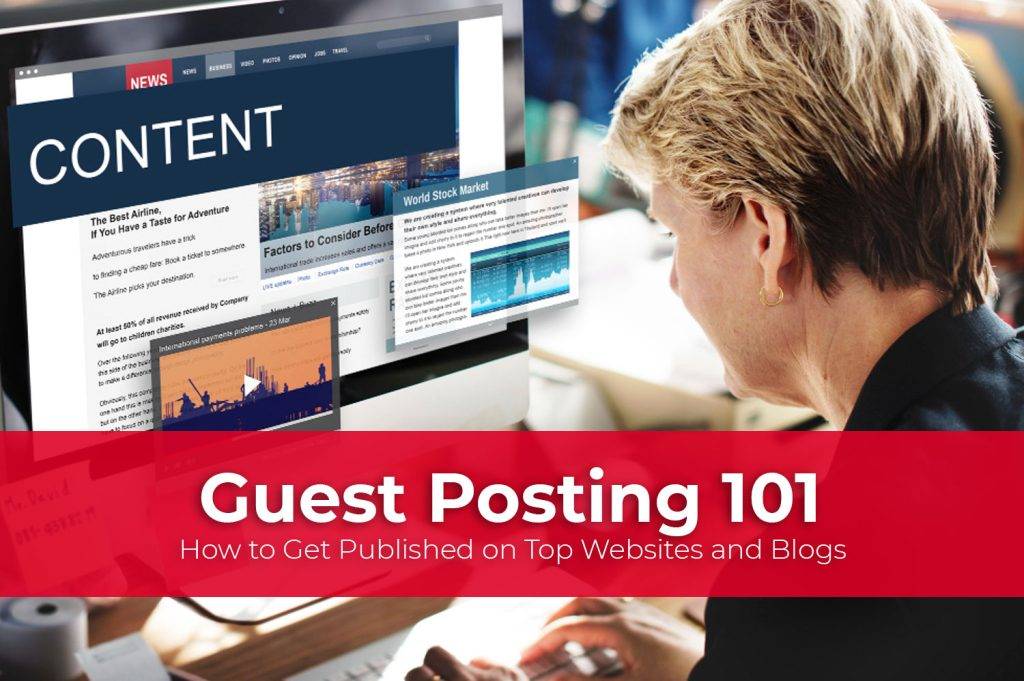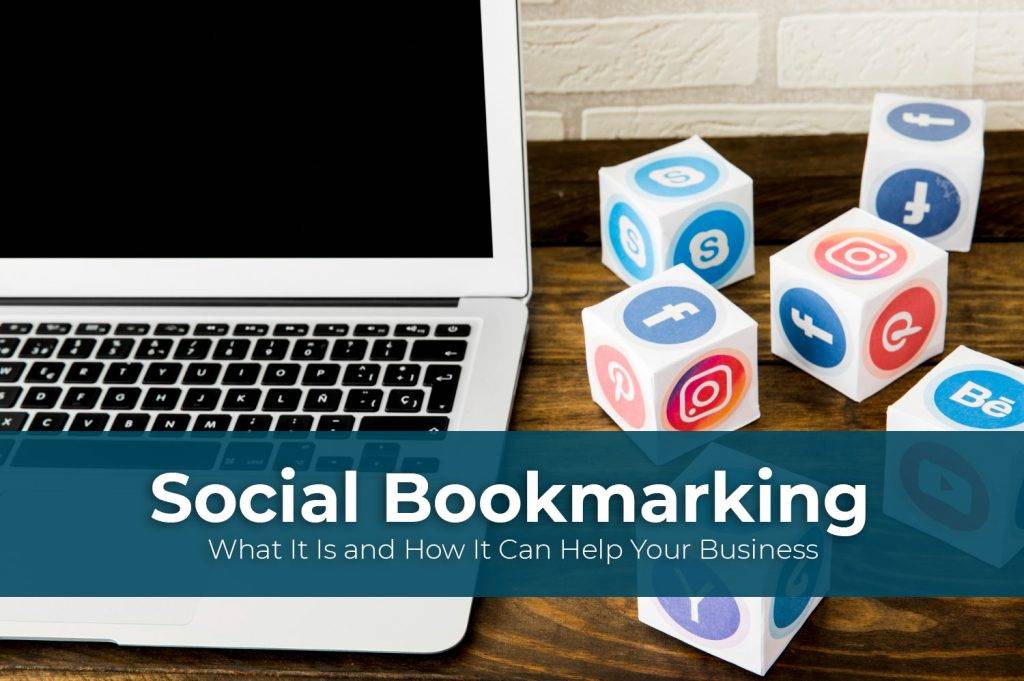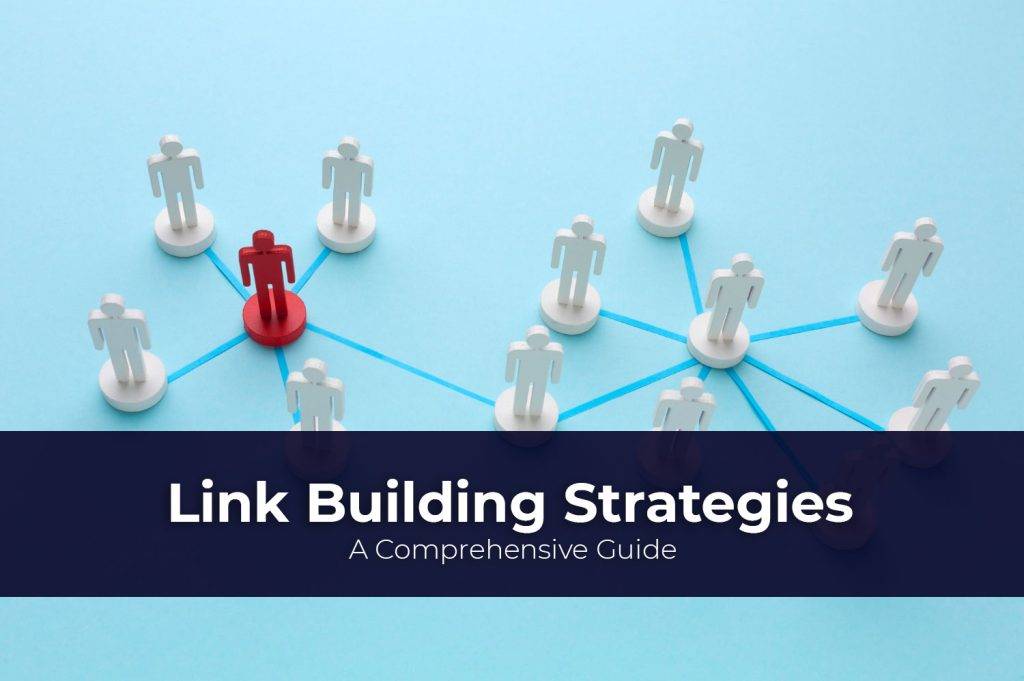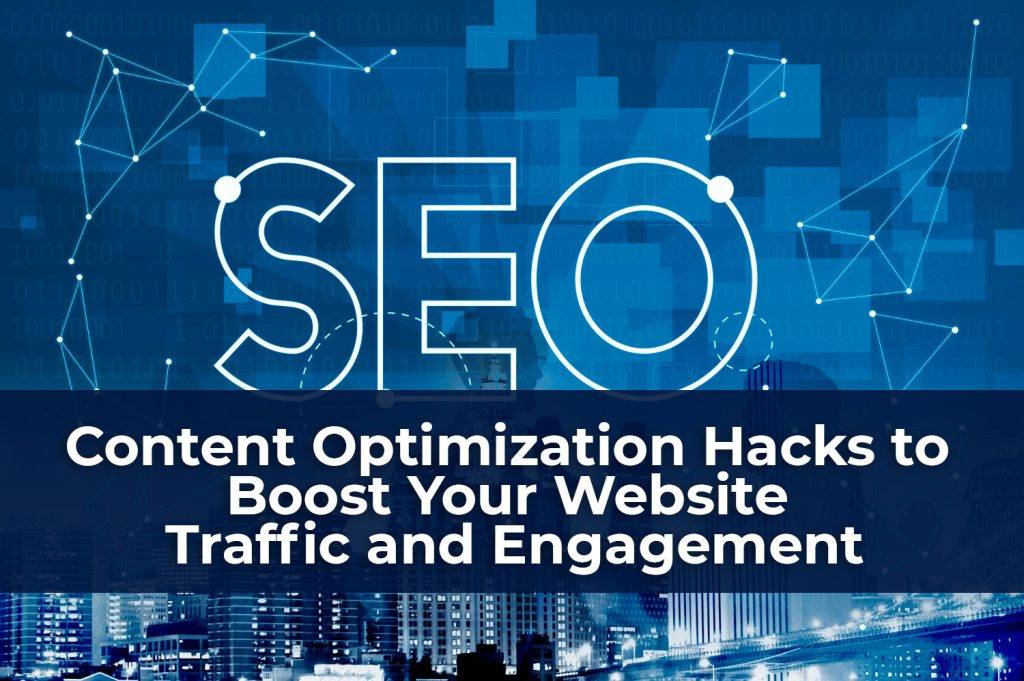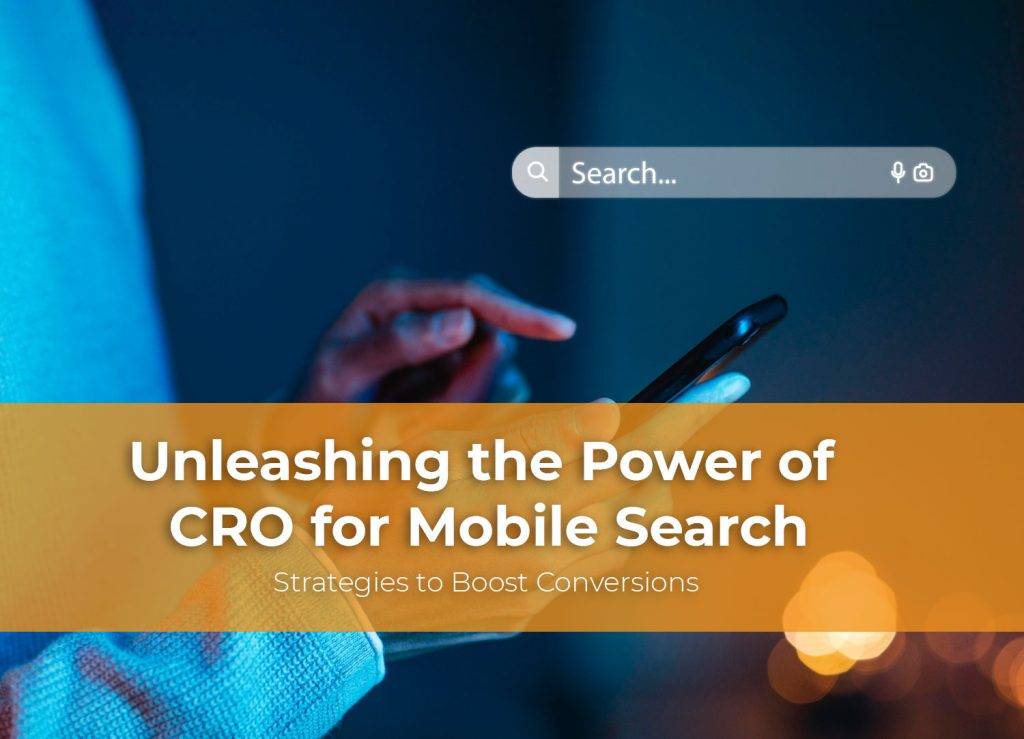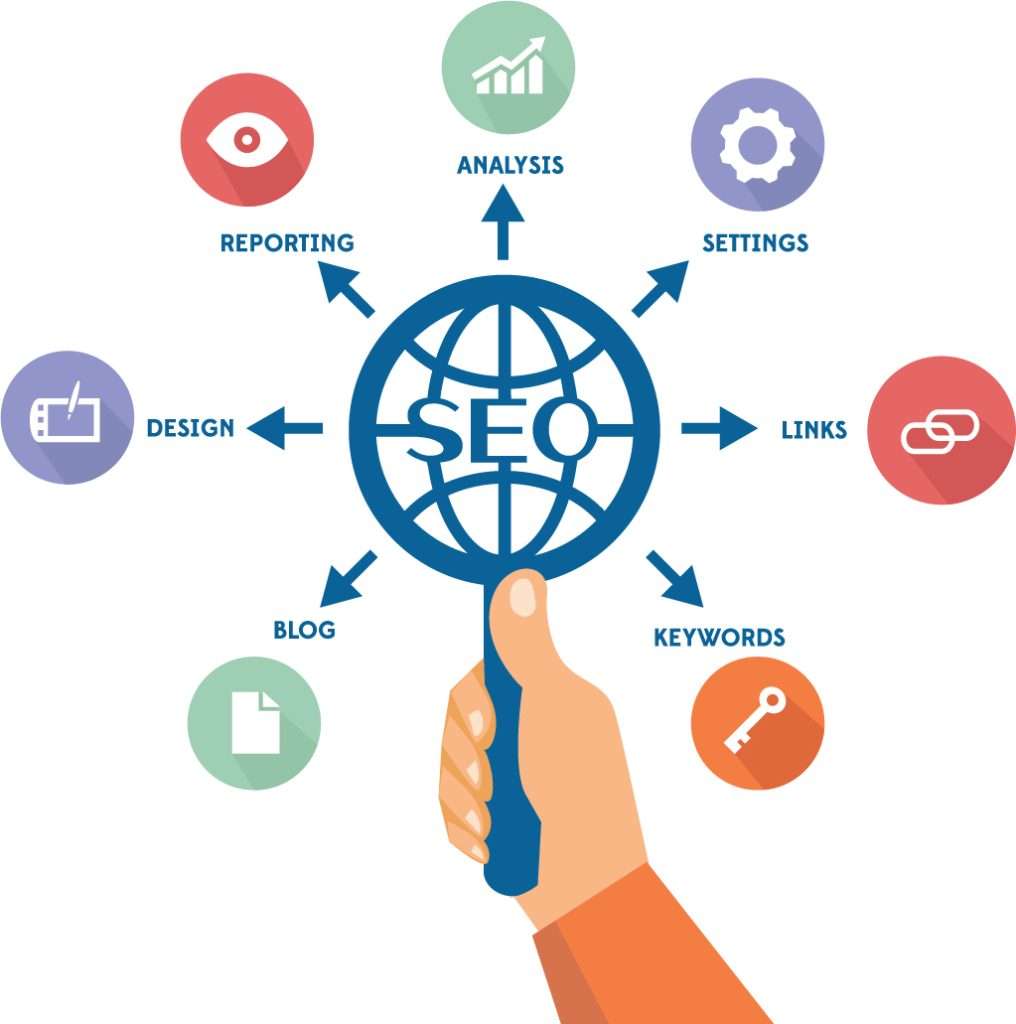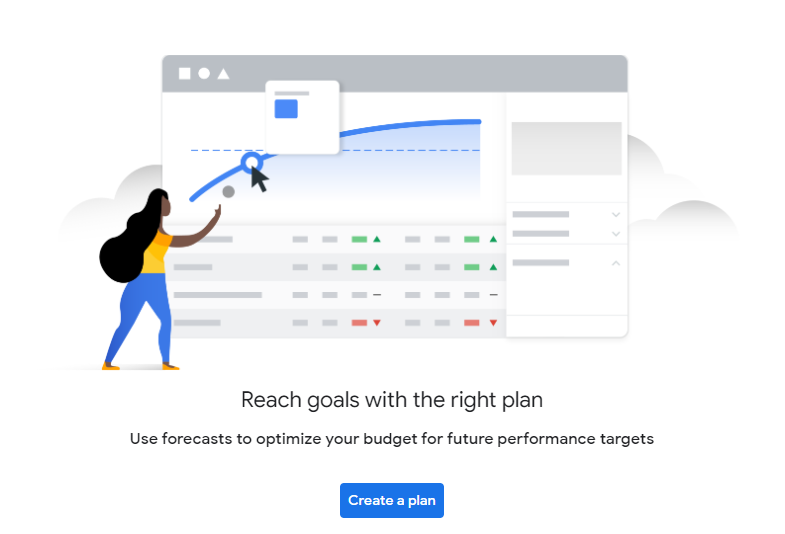RPO Performance: How to Measure and Better Your Business Tactics

“It is much more difficult to measure nonperformance than performance” – Harold S. Geneen, American Businessman
With the growth of every company, there comes a time when you have to stop and reassess before you can make your next move. Part of the growth process, especially for large multinational companies and corporations is Recruitment Process Outsourcing (RPO). These days, RPO has become an integral part of corporate growth given the significant role the services play in hiring, recruitment, onboarding and talent acquisition. Hence, it becomes vital for companies to be able to measure their RPO performance or rather the service offering of their RPO partners.
Like everything else in the business world, there have to be measures and metrics to help guide the next step. Goals and expectations should therefore be set in place before one outsources work to an external third-party agency like an RPO provider. In this blog, we cover ways in which a business or company might be able to measure the RPO performance of their service provider.
The Role of RPO Providers in the Modern Landscape
RPO services can be short-term or long-term in nature, depending on the needs of the business. When you consider long-term RPO services, they are highly involved in the overall talent acquisition and hiring operations. These kinds of galvanized initiatives are highly essential for major business ventures. However, at the same time, you need to be able to measure your return on investment.
It should be noted that RPO service providers have already taken steps to measure their RPO performance. They have large volumes of data that allows them to assess what works and what doesn’t. Based on the extrapolated information, they take action to implement the best strategies for their clients. On the other end of things, when it comes to businesses measuring their RPO partner’s performance, it can vary. Each business has different requirements at the end of the day. Having said that, here are some ideal ways in which you can measure the performance.
Before you can measure your RPO performance, you need to have the right metrics on hand that are relevant to your business.

Establishing the RPO Performance Metrics
Before you go ahead and take on the services of an RPO provider, you might want to check your metrics. These metrics should give you a basis to measure the RPO provider’s performance against. Keep this in mind as a rule of thumb. The metrics should supplement the in-house talent acquisition team and human resources department in the following tasks:
- Creating recruitment strategies
- Handling important technologies
- Consulting candidates and recruiters
- Shortlisting for interviews
- Screening and assessing candidates, as well as, onboarding new joinees
“The goal of measurement is to not only do things right but do the right things and continuously improve doing that“ – Pearl Zhu, Author
Considering What You Have to Gain from an RPO Partnership
RPO services are a great boon for many different types of companies at various stages in the business life cycle. However, what appears to be a great service, may not always be the right move for your business. It all depends on the needs of the organization. Hence, it is always advisable to consider what your company has to gain from the RPO service provider and if that is what you need.
For instance, generally, some of the benefits are considered to be a huge time saver. They are also cost effective and efficient. RPO providers come up with custom strategies and can take care of their client needs from A to Z. They also ensure the recruitment of high-quality candidates in a streamlined manner. RPO agencies are also industry experts when it comes to sourcing and the associated labour laws that one has to keep in mind.
All these things sound fantastic for an overall optimized process, but ask yourself if your business is in a place where you can afford these services. Do you need these services? And of course, do you have the capacity to cater to the results these services would provide? Only once you analyze these can you even consider taking on an RPO partner and of course, measuring the RPO performance.
Measuring the RPO Performance
Now that we have a foundation set, we can have a look at the metrics against which to measure the RPO performance provided to your company. These metrics will tell you not only where the RPO services need to improve, but also the quality of the RPO provider you partner with.
RPO Performance Metric #1: Time Taken to Fill Job Positions
Efficiency is a very important RPO performance indicator. Candidates and companies alike want a quick and efficient process. Candidates want a fast response on their application and companies need to fill positions to prevent delays in operations. It is therefore crucial for the RPO partner to have a proactive Application Tracking System (ATS) at every stage.
Find the cause of delay, if any, and push for faster targets and better deadlines. You can also check how quickly candidates get their responses for applications. Little things here and there add up to show the overall efficiency of the RPO partner.

Workplace synergy and compatibility with company culture is a big indicator for the performance of an RPO partner.
RPO Performance Metric #2: Candidate Source
In recruitment, it is important to know where your candidates come from. This is important so that you know that your recruitment efforts are engaging the right candidates or the right demographic. Check to see if your RPO partner is sourcing the candidates from a source that coincides with what you’re looking for. Depending on where they source candidates, it will determine the quality of the hire.
RPO Performance Metric #3: Quality of Interviews
RPO services are known for their high-quality service offerings. This attracts candidates to accept offers more quickly and is also a good indicator of the RPO’s success rate. Let’s face it, interviews take lots of time and effort. At the same time, companies want candidates who are enthusiastic to work for the vision of the business. If your RPO provider brings you the right candidates, it will make the interview process that much smoother. This will ultimately tell you how well the RPO service strategy is performing.
RPO Performance Metric #4: Offer-to-Acceptance Ratio
The term ‘Offer-to-Acceptance Ratio refers to the percentage of accepted offers from an organization. If there is a high rate of offer rejection, the RPO provider should focus on delivering clear-cut expectations to the short-listed candidates. Another issue this could point to is the quality of screening done for the candidate before offering them the job. Though it’s not an exact science when it comes to predicting what the candidate will do, it is possible to weed out the potential hires.
This ratio tells you how well your RPO handles the screening process and the quality of their final selection of candidates. It also points to their ability to communicate on behalf of the company.
“The measure of success is not whether you have a tough problem to deal with, but whether it is the same problem you had last year.“ – John Foster Dulles, Former United States Secretary of State
RPO Performance Metric #5: Company Culture and Workplace Synergy
RPO partners should align themselves with the company culture, values, brand and other initiatives of the business. They should become an extension of your company. This is the only way to have positive workplace synergy. If there are a lot of issues with the overall performance and communication, there might be some level of misalignment with the company culture and the RPO.
To counteract this, consider discussing the working relationship, the image you want to be conveyed as a client, the impact and motivation you are trying to achieve through your mission and so on. You need to see what works and what doesn’t, and then make corrections accordingly.
RPO Performance Metric #6: Accessibility
Now, we come to the last point regarding RPO performance. RPO partners are very capable and have great strategies in place. However, you have to keep in mind that it is not just the RPO service provider that is responsible for the success of our recruitment process, but so is the company. They can only perform well if they have access to the relevant databases and tools within the company. It is therefore crucial that you get the HR or talent acquisition team and the RPO provider on the same page for a seamless process.

